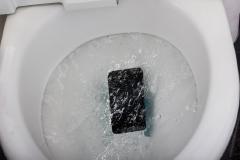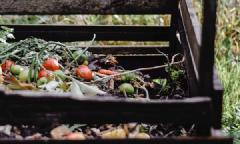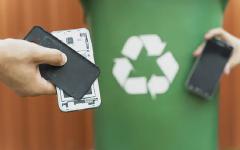Categories
5 things we’ve learned from ‘Rethinking Plastic’ on The Rethinkers podcast
6 minute read
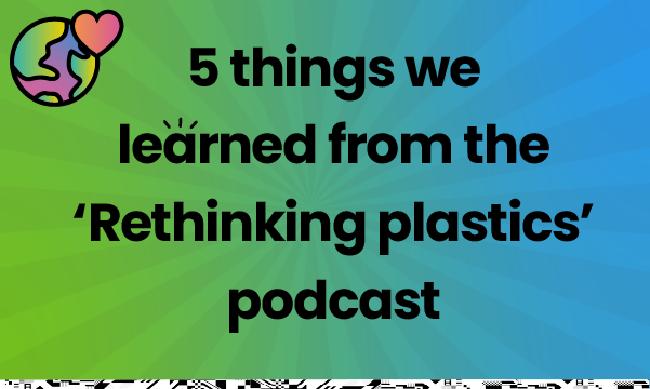
Katrina Ridley’s brilliant new podcast series looks at all the ways the world around us is changing, and gives listeners practical advice to help them make a difference.
When we heard about this at giffgaff, we thought: “That’s right up our street.” And so, we decided to sponsor the series.
Episode two of the series, titled ‘Rethinking Plastic’, explores innovative ways to tackle plastic pollution. Something we can definitely get behind.
Katrina hosts Lizzie Carr MBE, a record-breaking paddleboarder turned environmentalist and founder of Planet Patrol, a non-profit that combines paddleboarding with sustainability.
As you probably already know, we at giffgaff are passionate about helping our members to live more sustainably. So we’re very proud to be a part of this incredible production.
To give you a taste of what’s to come, here are our favourite tips from Rethinking Plastic.
1. Data is vital in the fight against plastic waste
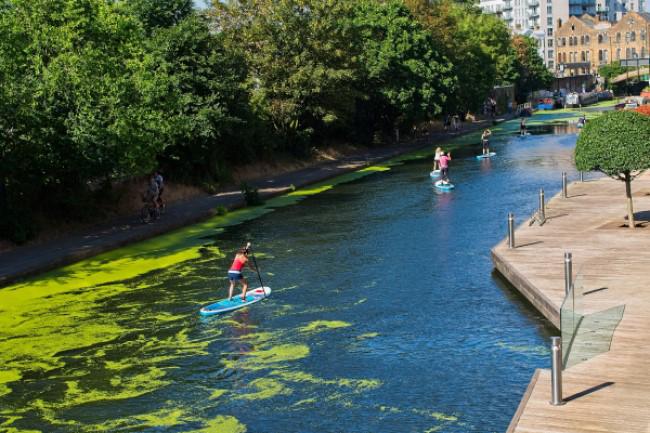
As well as having the coolest name ever, Lizzie’s organisation Planet Patrol offers something rather innovative.
They get people to take part in various sports, including paddleboarding and parkour, while picking up litter.
But more than that, Planet Patrol collects data about each participant’s contributions via their app and shares them with data scientists to discover interesting insights.
That’s how Lizzie knows her organisation has helped to collect 400,000 pieces of litter across 85 countries. Incredible.
By crunching the data, Lizzie was even able to discover the 5p fee for plastic bags (introduced in England in 2015) was proving to be kind of useless. Because, in 2019, more than 2 billion plastic bags were sold in the UK and over half (1.6 billion) were ‘Bags for Life’, which contain 3 times the plastic of a single use bag.
Planet Patrol’s investigation noted that one major supermarket saw a huge increase in Bag for Life sales from 3.5 million in 2018 to a whopping 34 million in 2019.
Armed with this data, Planet Patrol has written up a petition in an attempt to ban plastic bags altogether. It’s already been signed by multiple MPs, along with a few celebs.
It goes to show, if you want to make the most of your sustainability efforts, start with data.
2. Helping the environment is a constant process of learning and evolving
Planet Patrol has been around since 2016, and in those six years, Lizzie has learned a lot about the environment.
But, she says the process of learning and evolving is still ongoing, even now.
One of the most recent developments was that her organisation renamed itself. Having originally been ‘Plastic Patrol’, they started to discover that much of the litter they were collecting was actually not plastic at all.
The team found that there were as many cans as plastic bottles discarded. So they decided that it was best to move the conversation forward and evolve the discussion to be around litter in general, not just plastic.
Lizzie explained how important it is to be constantly learning and evolving. And that’s a great point. Like many of us, Lizzie started off by making a small difference, but developed her understanding and skills over time.
If you’re thinking that the only way to help the environment is to make a big impact right away, take a leaf out of Lizzie’s book. It’s better to start small, and then grow over time, rather than going all-in and burning out too quickly.
3. It’s all about the community
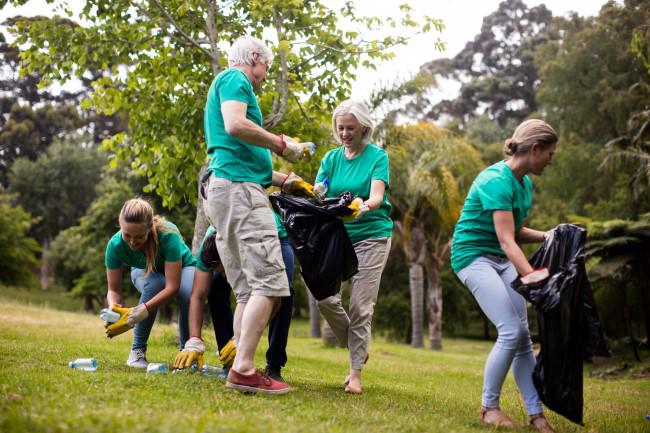
Lizzie explains that she never had a plan for Planet Patrol. In the beginning, she was just one woman with a paddleboard, trying to make a difference.
But as more and more people got involved, she’s found herself at the heart of a community of people who are all making a difference together. Lizzie explained that it’s the community that’s helped give Planet Patrol the reputation it now has. And how it’s surpassed any initial expectation she had when first began the project.
Why is this important? Because it goes to show the power of community. Those 400,000 pieces of litter mentioned earlier weren’t picked up by one person, you know.
Instead, by building a network of like-minded people to come together, Lizzie has helped to make a much bigger difference than any one person could on their own.
This is something we at giffgaff know all too well. Our community of incredible members are all making a big difference, right now. Why not check out some of their posts to see how you too can get involved?
4. Don’t get hung up on eco-anxiety
As if there weren’t enough things to worry about in our modern lives, now we’ve got a whole climate crisis to think about. In the podcast, they touch on the topic of eco-anxiety. In its simplest terms, eco-anxiety is the overwhelming feeling of fear you get when you think about the climate crisis.
Having recently become a mum, Lizzie tells us how her desire to balance parenthood with living sustainably caused her to experience eco-anxiety herself.
She also struggles with thoughts about the world she’s leaving behind for her daughter.
For many of us, these feelings will be extremely relatable. I’m sure we’ve all felt a sense of guilt, fear or hopelessness when we think about the scale of the problem facing us.
But Lizzie has some excellent advice. It’s good to take a step back and look at what you do in your day-to-day life and try to be more sustainable. But importantly, you don’t need to be perfect or try to do everything all at once.
It takes little steps and little changes to make the change happen. Over time you’ll find yourself able to make a bigger impact.
And if you’re worried about the state of the environment, use those feelings to motivate yourself to do something impactful, even if it’s a small step at first.
5. Being sustainable starts with supporting your local economy
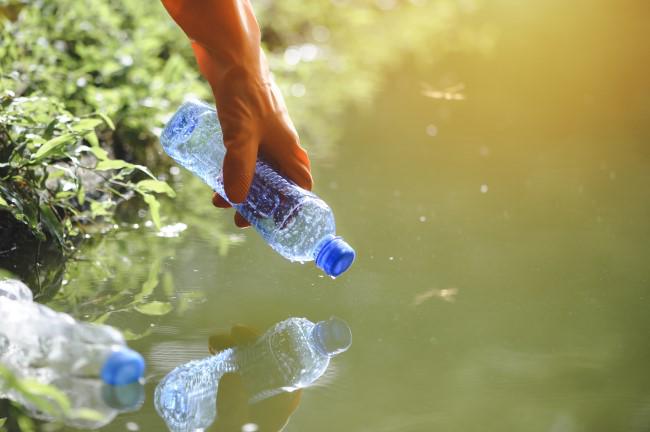
At giffgaff, we talk a lot about the circular economy. We believe, when it comes to mobile phones and other electronics, buying refurbished can benefit the environment.
That’s because buying refurbished is a more sustainable option. Around 80% of a new phone’s carbon footprint is made during the manufacturing phase.
So, by foregoing this stage and extending the life of a phone that already exists, you can reduce the impact you and your phone have on the world.
Lizzie also believes that the route to living sustainably comes by making conscientious purchases. For instance, she urges people to buy locally grown produce instead of fruit and veg flown in from overseas.
Now, Lizzie is quite honest in saying not everyone will be able to change their shopping habits this easily. At a time when the cost of living is going up, shopping for local fruit and veg can be pretty expensive.
But the key message that she points out is that it’s important to have a go.
Want to learn more?
Well then, why not listen to the podcast yourself? It’s chock full of great ideas and worth every minute.
We’ve only mentioned five out of dozens of bits of sound advice covered in the episode, to help you live a more sustainable life.
And with new episodes of The Rethinkers released each week, there’s never been a better time to get stuck into this excellent series.
You can find this podcast on Global Player, or wherever you usually listen to your podcasts.
And if you find any more pearls of wisdom, share them with us in the giffgaff community.
